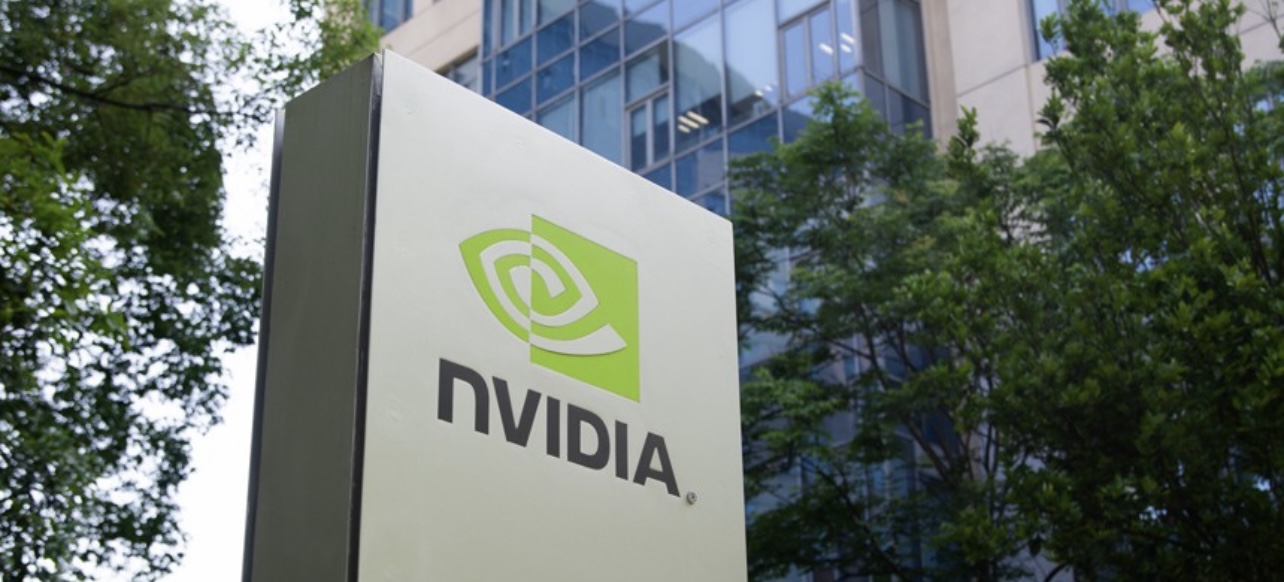China announced Monday that it will extend its investigation into Nvidia after an initial review suggested the U.S. chipmaker breached the country’s anti-monopoly regulations, according to the national market regulator. Nvidia, whose processors drive artificial intelligence systems a technology both China and the U.S. consider vital to national security has been under scrutiny since December. The move to deepen the probe comes as Beijing and Washington engage in their fourth round of trade negotiations in Madrid.
China’s State Administration for Market Regulation said Nvidia breached conditions tied to its 2020 approval of the company’s acquisition of Israeli chipmaker Mellanox Technologies, though it did not disclose specifics. Following the announcement, Nvidia’s (NVDA) shares dropped 2.5% in premarket trading.
Earlier this year, both Nvidia and AMD agreed to hand over 15% of their revenue from semiconductor sales in China to the U.S. government in exchange for export licenses. The arrangement is aimed at sustaining America’s lead in artificial intelligence while also strengthening a broader trade pact with Beijing, potentially generating billions for Washington to allocate freely.
In April, the White House restricted the export of advanced AI chips including Nvidia’s H20 and AMD’s MI308 to China. However, under the new agreement, the companies can secure licenses to resume those sales in the Chinese market.
Nvidia introduced its H20 chip last year to preserve its foothold in China a market that accounted for 13% of its revenue in 2024 amid U.S. export restrictions set by the Biden administration. However, the chip is widely believed to have powered DeepSeek, a cutting-edge Chinese AI model that stunned Silicon Valley when unveiled earlier this year, fueling worries that China’s progress in artificial intelligence may be more advanced than previously thought.



